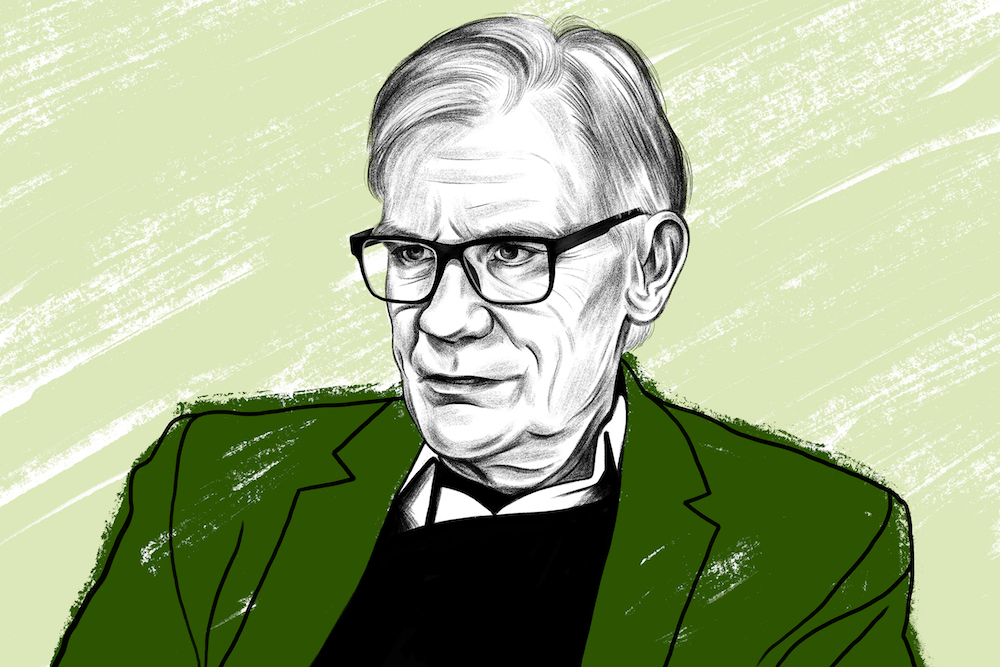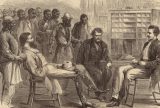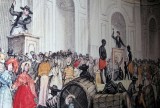American History, Theology, and Three Competing Memories of the Civil War
A Yale Historian Explains the Power of Myth and Why History Is Never Over
David W. Blight, a historian at Yale University who has written seven books and edited many more, stopped by Zócalo’s offices in December of 2018. Earlier that day, The New York Times had named his most recent book, Frederick Douglass: Prophet of Freedom, one of the top ten books of the year. Blight said he was stunned when he heard the news, having worked on Douglass’ biography for most of his adult life. He added that he was surprised—and delighted—to realize how much Americans continue to care about reading history. …









